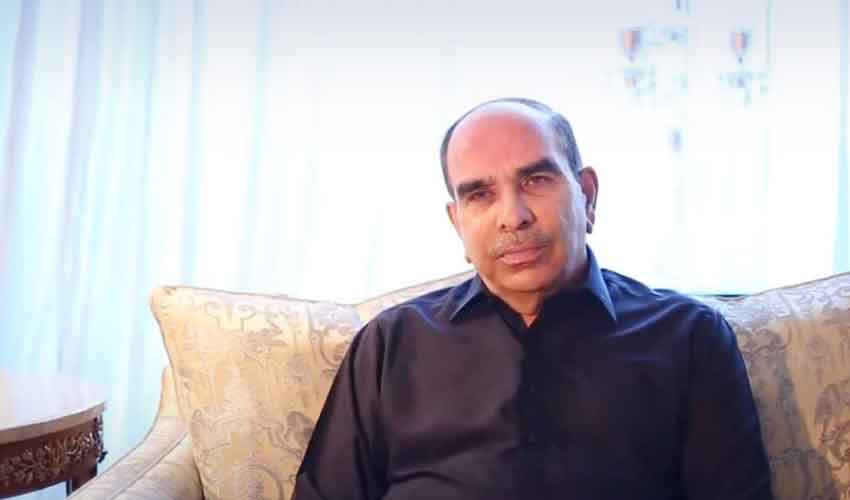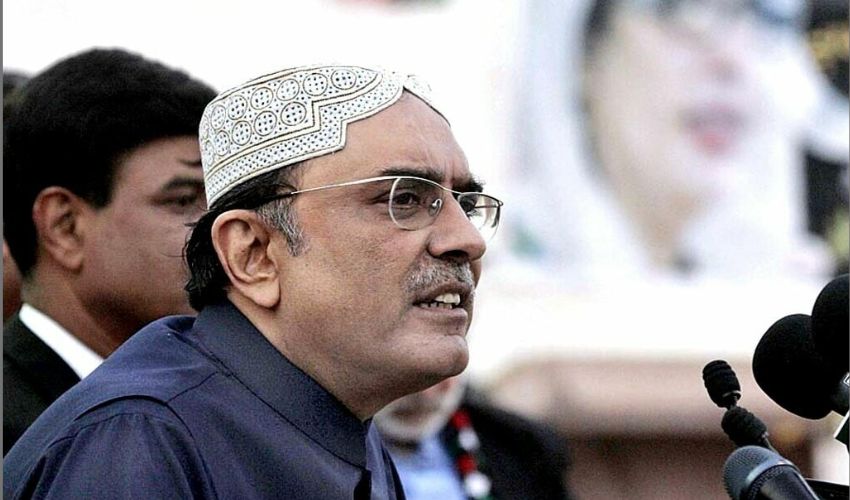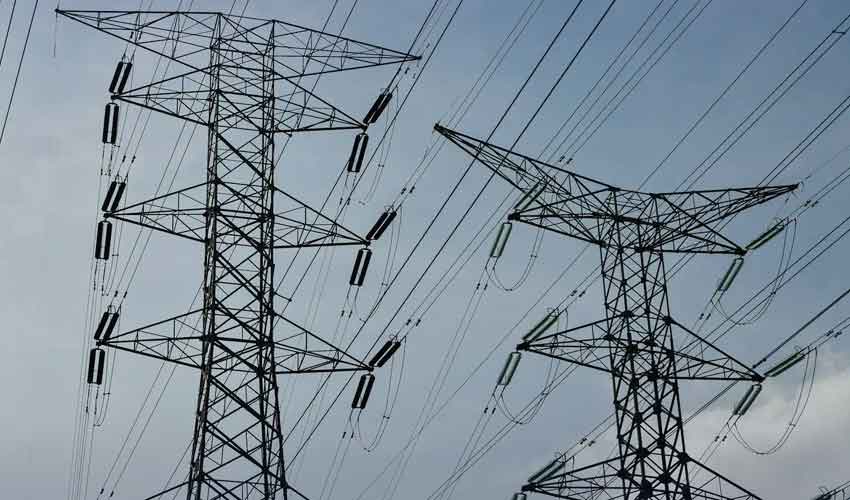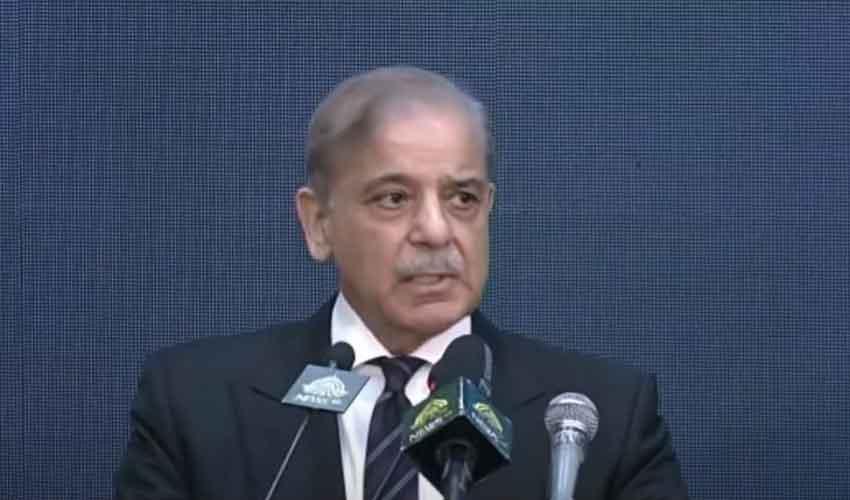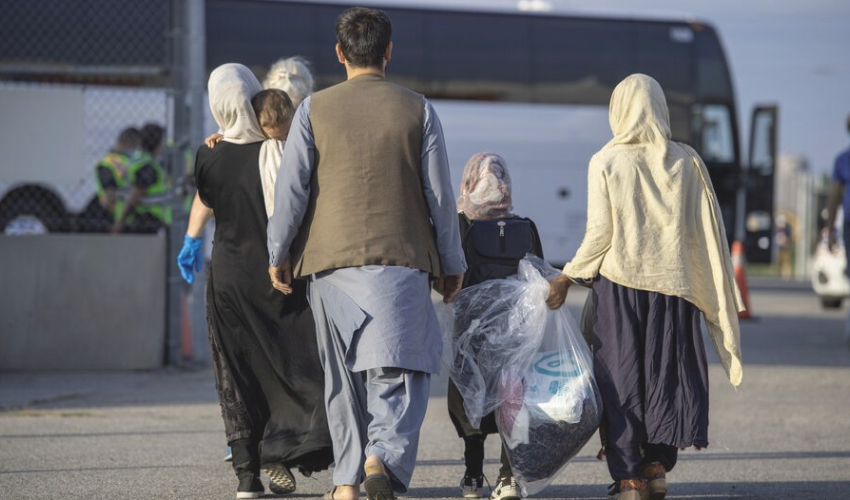Prominent real estate tycoon and owner of Bahria Town housing society, Malik Riaz, is embroiled in a series of high-profile corruption cases filed by the National Accountability Bureau (NAB).
These cases, primarily initiated during the PTI government’s tenure, allege land grabbing, financial irregularities, and misuse of influence, causing significant damage to the national exchequer.
A total of eight references were filed against Malik Riaz and his family, accusing them of involvement in fake accounts and illegal land acquisitions. These cases, which were pursued vigorously during the PTI era, have been stalled following recent amendments to the NAB laws by the current government.
Icon Tower Karachi case
Malik Riaz is accused of illegally occupying land belonging to Bagh Ibn Qasim to construct the Icon Tower in Karachi. This reference, filed during the PTI government, has become entangled in legal limbo due to the new NAB amendments, with the case being shuffled between courts and NAB.
Also Read: No relief, Malik Riaz will be held accountable: Khawaja Asif
Malir Development Authority land case
Bahria Town was supposed to pay Rs460 billion for land acquired from the Malir Development Authority. However, the full amount has not been deposited.
£190 million scandal
Malik Riaz is a proclaimed offender in the £190 million scandal, which involves the alleged laundering of funds from the UK to Pakistan.
New Murree Project and Takht Pari cases
Inquiries and raids were conducted in connection with the New Murree Project and Takht Pari cases, but no formal references were filed, leaving these matters in a state of uncertainty.
Meanwhile, Zain Malik, a son-in-law of Malik Riaz, entered into a plea bargain with NAB, agreeing to pay Rs9 billion to settle one of the cases. However, the effectiveness of this settlement has been questioned.
The recent amendments to NAB laws have significantly slowed down the progress of these cases. Critics argue that the changes have weakened the accountability process, allowing influential figures to evade justice. The Icon Tower case, for instance, has become a "shuttlecock," bouncing between courts and NAB without resolution.
On the other hand, Defence Minister Khawaja Asif has announced a crackdown on 'holy cows', declaring that no individual is above the law.
Speaking at a press conference in Islamabad on Friday, he emphasised that the state has initiated accountability measures against real estate tycoon Malik Riaz, calling it a new era of transparency and justice.
The minister revealed that Malik Riaz is now under scrutiny after years of alleged acquittal and indulgence. “The state has finally laid hands on Malik Riaz. There will be no relief; accountability is inevitable,” said Khawaja Asif. He called for a national investigation into Malik Riaz’s assets and questioned how state funds ended up in the businessman’s accounts.
Khawaja Asif highlighted the controversial transfer of £190 million and disclosed that Malik Riaz had contacted him regarding the issue. "When this matter was raised, he reached out to me, but I told him that everything had happened according to the law," he said.
The minister accused Malik Riaz of using influence and greed in all Bahria Town projects, causing harm to the state and its people. He warned against any misconceptions about leniency, stating, “No court will provide relief, nor will any political force bear their burden.”
Khawaja Asif also addressed the British National Crime Agency (NCA) inquiry into the financial dealings between Malik Riaz and Hassan Nawaz. He mentioned the high-profile property, One Hyde Park in London, urging transparency and accountability at the highest levels.
The defense minister confirmed that Pakistan has an extradition agreement with the UAE and plans to bring back accused individuals through state-to-state cooperation. "No mafia can establish a parallel state," he asserted, adding that citizens should avoid investing in businesses linked to Malik Riaz due to potential risks.
Khawaja Asif concluded by commending media efforts in uncovering corruption while criticizing those protesting against the Prevention of Electronic Crimes Act (PECA). “They should first look into their own dealings before challenging the state,” he remarked.





